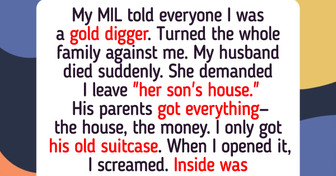Any company that 'tests' you outside of the duties you're applying for isn't worth working with!
You dodged a bullet!
I Refused to Let an AI “Body Scan” Me at a Job Interview—HR’s Reply Shocked Me
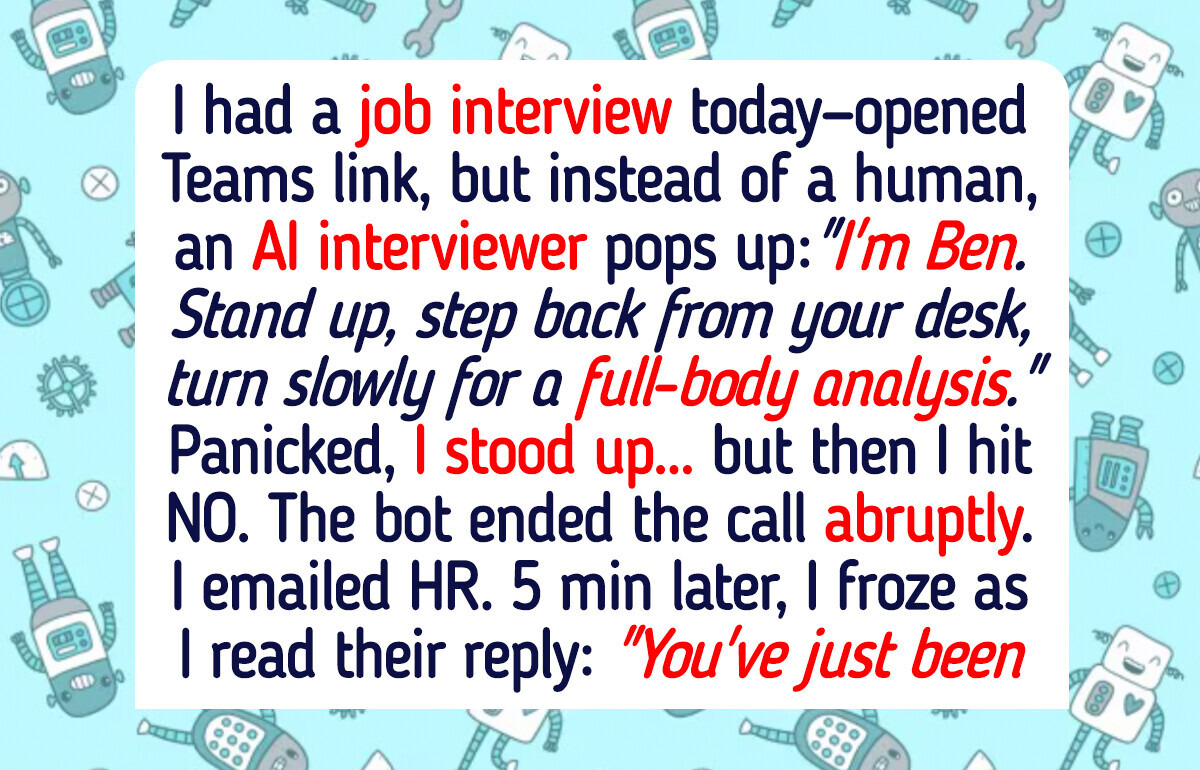
In today’s fast-changing job market, more and more candidates are sharing strange and surprising interview experiences. With new AI tools showing up everywhere, the hiring process can feel unpredictable, confusing, and even a little unsettling. Recently, a woman sent us a letter describing an interview experience that left her completely shocked.
Claudia’s Letter to Our Editorial Team:

Hi Bright Side,
I just finished an interview this morning, and it was so weird... I’m still trying to process the experience.
So I opened the Teams link, but instead of a human, a floating robot avatar popped up. It said, “Hi, I’m Ben. Stand up, step back from your desk, and turn around slowly for a full-body analysis.”
Panicked, I stood up... but then I hit NO. The bot ended the call abruptly.
I emailed HR to report it. Five minutes later, their reply came in. They didn’t apologize for the robot. They didn’t bother explaining the tech.
I froze as I read: “What you experienced wasn’t a glitch. You’ve just been evaluated. That was part of our ‘integrity assessment’ test, which measures whether candidates follow instructions even when the instructions seem unusual or uncomfortable.”
My brain stopped. They continued: “Our internal research shows that employees who comply with unconventional requests demonstrate stronger adaptability in high-pressure environments. Refusal is automatically interpreted as low adaptability.”

So basically... I failed the interview for not spinning in a circle for a robot like I’m auditioning for a sci-fi talent show. But then came the kicker: “We appreciate your feedback, but to be clear, the request was not about your body. It was designed to test how you respond when a task feels ‘beneath you’ or ‘pointless.’ Many of our top-performing hires completed the scan without question.”
They ended with: “If you believe this evaluation method is inappropriate, we invite you to fill out our ethical concerns form, but please note that insisting on traditional interviews may indicate low innovation tolerance.”
So to summarize: I didn’t lose the job because of privacy, or safety, or misunderstanding... I lost it because I thought about what I was being asked instead of obeying the robot on command. And now I honestly can’t tell what’s worse: that companies are starting to test whether people will blindly obey, or that enough candidates are going along with it for them to brag about it.
Has anyone else ever gone through an online interview like this? Am I just out of touch with modern hiring practices, or is this just as bizarre as it felt in the moment?
— Claudia
Thank you, Claudia, for sending us your unusual interview experience. Here are 4 pieces of advice that may help you make sense of what happened and guide you moving forward.
Trust Your Instincts When Something Feels Wrong.

You dodged a MAJOR bullet. What are they doing that you need to follow blindly?? Obviously something immoral or illegal...
When an interview process pushes you into an unexpected or uncomfortable situation, your first instinct often tells you more than any company policy does. The request for a “full-body analysis” wasn’t just unusual... it crossed a line that most people wouldn’t feel okay with.
Trusting yourself in that moment shows good judgment, not a lack of adaptability. A company that punishes candidates for protecting their boundaries is showing you exactly what working there might be like. Walking away from that environment is not a failure — it’s self-respect.
Evaluate the Company Just as Much as They Evaluate You.
Interviews go both ways, and what you experienced reveals a lot about the company’s culture. If a business uses covert psychological tricks and refuses to explain its own technology, it’s signaling a lack of transparency. You deserve employers who communicate clearly and treat you like a human being, not a test subject.
This situation is a reminder to observe how organizations behave when you ask reasonable questions. A company that blames your discomfort instead of fixing its own process is one you’re better off avoiding.
Use This Experience to Clarify What You Want in Future Interviews.

Even though this interview felt bizarre, it can help you decide what you will and won’t tolerate going forward. You now know to ask early questions about the interview format, tools, and expectations to avoid surprises like this.
You also learned how companies react when their candidates express discomfort, and that’s vital information. Use this moment to refine your red flags and deal-breakers. Sometimes a strange experience is exactly what makes your standards stronger.
Your Refusal Shows Healthy Boundaries, Not “Low Adaptability”.
Companies often claim their unusual tests measure “adaptability,” but what you showed was something far more valuable: awareness. It’s not weak to refuse a confusing command from an AI avatar — it’s responsible. Blind obedience isn’t a skill, and any workplace that expects it may normalize pressure, overreach, or unhealthy power dynamics.
Your refusal simply shows that you think before you act, even under stress. That’s a strength many good employers actively look for.
A job is more than daily duties; it’s also about how we’re valued and what each experience teaches us. And every so often, one situation can completely change the way we think about our professional path.
I Refused to Take a Lower Salary Than a New Hire—I’m Not a Charity Case
Comments
Nice
I would of clicked no also, but then again I also don't use Facebook or advertise my family photos online due to ai stealing identities.
The wildest part isn’t even the creepy full-body scan request, it’s that HR doubled down like you’re the problem for not blindly following commands from a floating CGI intern named Ben. If their "top performers"are the ones who instantly comply with pointless orders, that tells you everything about the culture! They don’t want thinkers, they want NPCs with LinkedIn profiles!
Oh and that last line? (Insisting on traditional interviews may indicate low innovation tolerance)
TRANSLATION: "Questioning authority makes us uncomfortable, please be docile."
They want sheep, not independent thinkers. Their "high-performers" are the ones who don't ask questions. Is that even legal?
Related Reads
My Coworker Reports Everyone to HR to Get Bonuses—So I Turned the Tables

HR Fired Me Right Before My Vacation, So I Used It Against Them
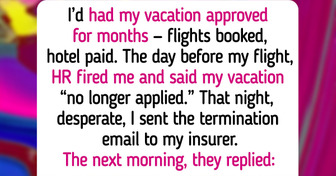
20+ Gifts That Prove It’s the Thought That Truly Counts

My Sister Tried to Turn Our Family Cabin Into Her Free Resort, So I Changed the Rules
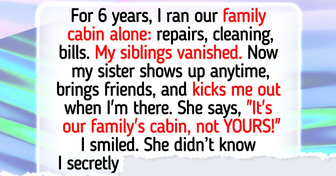
16 Moments That Teach Us to Keep Our Kindness, Even If Life Turns Cold
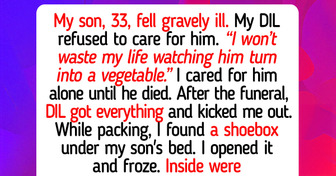
I Refused to Give My Daughter Her Inheritance Because She Refused to Give Me Grandkids

I Refuse to Forgive My Parents After They Took My Inheritance for Being Childless

I Found Out My MIL Was Sabotaging My Gender Reveal—Now I’m the Family Villain
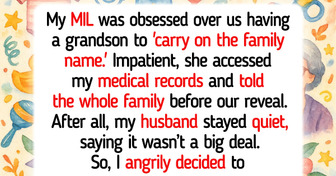
I Refuse to Let My MIL Be in My Life, So I Gave Her One Last Payback
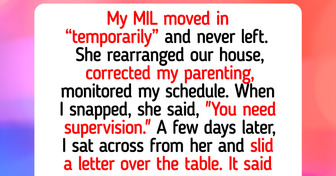
I Refused to Let a 5 Y.O. Attend My Daughter’s Party—Now They Say I’m Cruel
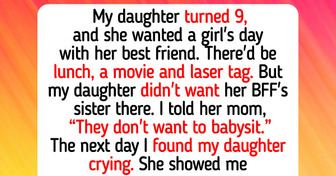
I Refuse to Give Up My Weekends for Unpaid Work Events—Now HR Stepped In
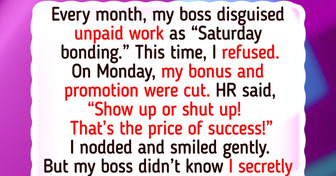
15 Times Someone Showed Kindness Without Saying Anything
